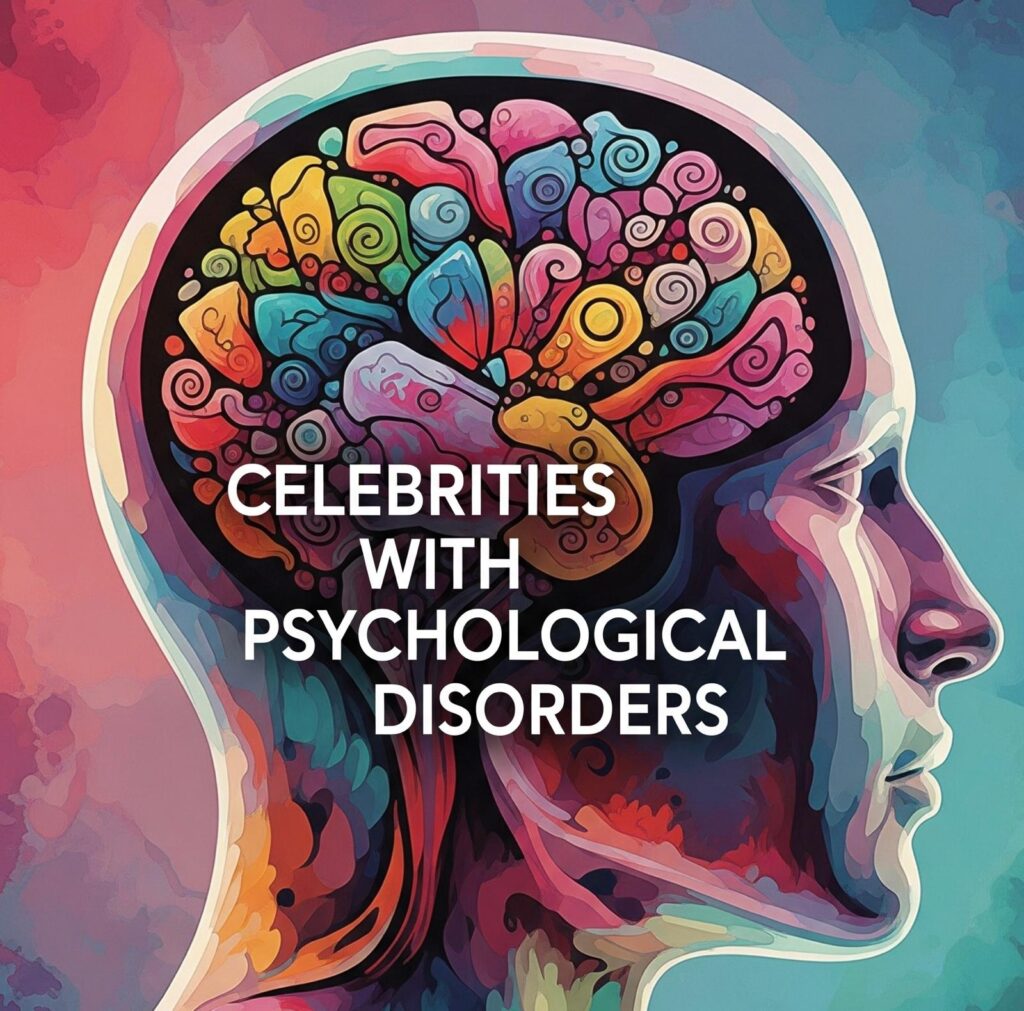By Therapy Near Me | July 2025
Celebrity culture often spotlights psychological instability—and it’s worth asking: is this instability real, exaggerated, or simply a media distortion? This article explores the complexities of mental health in high-profile figures, using scientific insights to separate fact from fiction.
Keywords: celebrity mental health, sad clown paradox celebrities, parasocial relationships mental illness, media stigma celebrities, Amber Heard mental health, Jay-Z therapy stigma, Selena Gomez bipolar, celebrity disclosure impact, fame and mental health research
1. Public Figures and Mental Illness: Reducing Stigma?
Research shows that when celebrities openly share their mental health struggles, it can help reduce stigma—especially when the disclosure aligns with their persona and audience (Corrigan et al., 2021) .
However, the public often perceives non-celebrities as more relatable—limiting the impact of famous voices (APA, 2022) .
2. The “Sad Clown” Paradox
Many performers—comedians, actors, musicians—are associated with the “sad clown paradox,” linking creativity and humour with higher rates of depression and anxiety (Fisher; Kaufman & Kozbelt, 2009) .
Early adversity often drives artistic expression, while ongoing emotional turmoil fuels creativity—a pattern at higher risk of instability.
3. Parasocial Relationships & Celebrity Pressure
Fans form parasocial relationships—one-sided emotional connections to celebrities—which can amplify the impact when stars struggle mentally (Hoffner & Bond, 2021) .
Meanwhile, celebrities face enormous mental health pressure: fame, scrutiny, and unattainable expectations add to vulnerability.
4. Media Inflates “Instability”
Media often applies stigmatising labels—words like “crazy,” “unstable,” or “volatile”—to celebrity behaviour, reinforcing negative stereotypes (Wikipedia, Mental Illness in Media, 2025) .
This sensationalist framing encourages harmful public assumptions and may discourage celebrities from seeking help.
5. Real Cases: Disclosure vs Speculation
Amber Heard
During her defamation trial, speculation about her mental health was rampant, but these claims lacked clinical basis and leaned heavily on gendered stigma (Scientific American, 2022) .
Jay‑Z
The rapper’s public acknowledgment of therapy, especially addressing stigma in the Black community, illustrates how celebrity voices can normalise mental health support (CNN, 2018) .
Selena Gomez
Her disclosure of bipolar disorder catalysed conversations among fans, giving vulnerable individuals permission to open up and seek treatment (Teen Vogue, 2018) .
6. Celebrity Disclosures: Powerful, Yet Imperfect
While celebrity self-revelations can destigmatise mental illness, they are most effective when:
- The celebrity is perceived as authentic and relatable
- Messaging resonates with audiences facing similar challenges
- Disclosure is accompanied by access to credible resources (King’s College London, 2022)
Otherwise, disclosures may seem performative, diluting their impact.
7. Psychological Lessons for the Public
- Celebrities are human. Fame doesn’t shield people from mental health issues—if anything, it may magnify them.
- Beware confirmation bias. Media often highlight concerning behaviour while ignoring daily routines and support systems.
- Value honest disclosure. Appropriate sharing can foster communal openness and empathy—but it should be contextualised and supported with resources.
References
Corrigan, P. W., Kundert, C. & Laique, A. (2021) ‘Impact of celebrity disclosure on mental health‑related stigma’, Epidemiology and Psychiatric Sciences, 30, e78.
Kaufman, S.B. & Kozbelt, A. (2009) The Psychology of Creative Writing. Cambridge: Cambridge University Press.
Fisher, S. (1981) Pretend the World Is Funny and Forever: A Psychological Analysis of Comedians, Clowns, and Actors. Lawrence Erlbaum.
Hoffner, C.A. & Bond, B.J. (2021) ‘Parasocial relationships, social media, & well‑being’, in Griffiths, M.D. (ed.) Celebrity worship, social media & mental health. Barcelona: Universitat de Barcelona.
Wikipedia contributors (2025) ‘Mental illness in media’, Wikipedia, 23 Jul.
Scientific American (2022) ‘Amber Heard and Britney Spears highlight stigma of women’s mental illness’. Scientific American, 15 Mar.
Teen Vogue (2018) ‘Selena Gomez fans on impact of singer talking about bipolar disorder’. Teen Vogue, 20 Jun.
CNN (2018) Jay‑Z says mental health stigma in Black community is ridiculous. CNN, 30 Jan.








